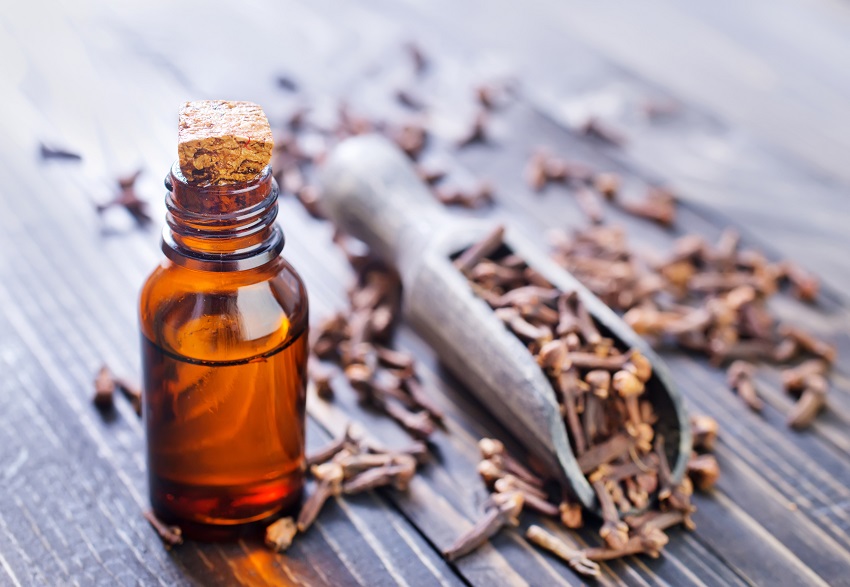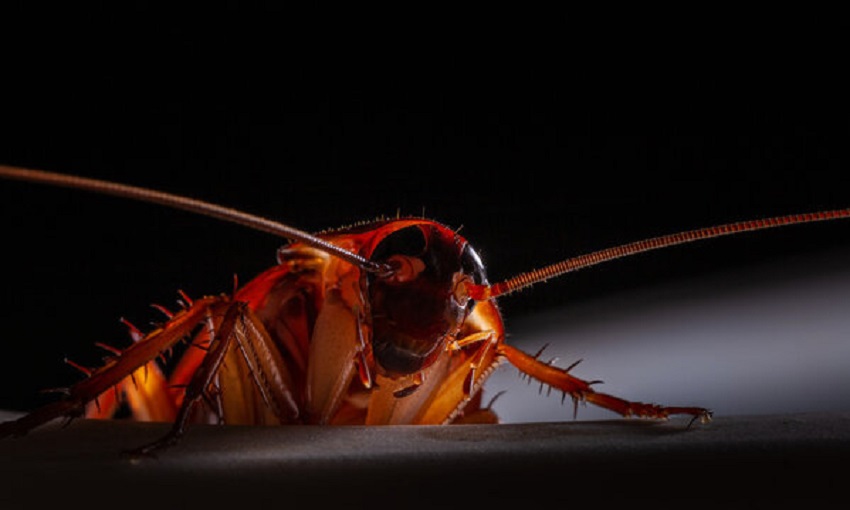Cockroaches are a common household pest that can be difficult to eliminate. Many people search for natural remedies to keep cockroaches at bay, such as clove oil. But do cockroaches hate clove oil? In this article, we will explore the effectiveness of clove oil as a cockroach repellent and discuss how to use it to keep these pesky insects away from your home.
Cockroaches are known for their resilience and adaptability. These insects can survive in various environments and reproduce rapidly, making them a formidable pest. While chemical pesticides are commonly used to control cockroach infestations, some people prefer natural alternatives due to concerns about the effects of chemicals on their health and the environment. Clove oil is a natural remedy that has gained popularity for its purported ability to repel cockroaches.
Understanding Cockroach Behavior
Before we delve into the effectiveness of clove oil, it’s essential to understand cockroach behavior. Cockroaches are nocturnal creatures attracted to warm, dark, and moist environments. They seek out places with easy access to food, water, and shelter, making kitchens and bathrooms their favorite hiding spots. Cockroaches can squeeze through tiny cracks and crevices, making it challenging to seal off entry points completely.
The Properties of Clove Oil
Clove oil is derived from the flower buds of the clove tree (Syzygium aromaticum). It has a strong, distinctive smell and a warm, spicy flavor. Clove oil is widely known for its antimicrobial, antifungal, and insecticidal properties. The active ingredient responsible for its insect-repelling abilities is eugenol. Discover does clove oil kill bed bugs?
Does Clove Oil Repel Cockroaches?
While anecdotal evidence suggests that clove oil can repel cockroaches, scientific studies on its efficacy are limited. Some studies have shown that clove oil exhibits repellent properties against certain insect species, including ants and mosquitoes. However, research specifically focused on cockroaches is lacking.
Cockroaches have a highly developed sense of smell and use it to locate food sources and detect potential threats. It is believed that the strong scent of clove oil may interfere with their ability to detect food, making treated areas less attractive to them. However, more research is needed to establish the effectiveness of clove oil as a cockroach repellent.
How to Use Clove Oil as a Cockroach Repellent
If you want to try using clove oil to repel cockroaches, here’s how you can do it:
- Dilute the clove oil: Mix a few drops of clove oil with water or a carrier oil such as coconut oil or olive oil. This helps to disperse the oil and reduce its intensity.
- Create a spray: Pour the diluted clove oil solution into a spray bottle.
- Spray problem areas: Target areas where cockroaches are likely to hide, such as cracks, crevices, and entry points. Also, focus on areas where you have seen cockroach activity.
- Reapply as needed: The scent of clove oil will fade over time, so you may need to reapply the spray periodically, especially after cleaning or washing the treated areas.
It’s important to note that while clove oil may help deter cockroaches, it is not a guaranteed solution for complete eradication. It is advisable to consult a professional pest control service for severe infestations.
Other Natural Remedies for Cockroach Control
In addition to clove oil, several other natural remedies may help control cockroach infestations. These include:
- Peppermint oil: The strong scent of peppermint oil is believed to repel cockroaches.
- Diatomaceous earth: This powdery substance, composed of fossilized diatoms, can be sprinkled in areas where cockroaches frequent. It dehydrates the insects and causes them to die.
- Baking soda and sugar: Mixing equal parts of baking soda and sugar can create homemade cockroach bait. The sugar attracts the cockroaches, while the baking soda disrupts their digestive system.
- Bay leaves: Placing bay leaves in infested areas may help deter cockroaches.
Remember, natural remedies may not provide complete eradication, especially for severe infestations. It is always recommended to combine these methods with proper sanitation practices and professional pest control if needed.
Conclusion
While there is limited scientific evidence on the effectiveness of clove oil as a cockroach repellent, it remains a popular natural remedy. The strong scent of clove oil may help deter cockroaches by interfering with their ability to detect food sources. However, it is important to note that clove oil alone may not eliminate a cockroach infestation entirely. It is best to adopt a comprehensive approach that includes proper sanitation, sealing of entry points, and, if necessary, professional pest control services.
FAQs
Does clove oil kill cockroaches?
Clove oil is not known for its insecticidal properties against cockroaches. Its primary function is believed to be as a repellent rather than a lethal agent.
Is clove oil safe to use around children and pets?
When used in diluted form, clove oil is generally considered safe. However, it is always advisable to exercise caution and keep it out of reach of children and pets.
How long does the scent of clove oil last?
The scent of clove oil will fade over time. Reapplication may be necessary, especially after cleaning or washing the treated areas.
Can clove oil be used on other pests?
Clove oil has been reported to have repellent properties against other pests, such as ants and mosquitoes.
Are natural remedies effective for severe cockroach infestations?
While natural remedies may help control cockroach populations, severe infestations often require professional pest control services for effective eradication.



